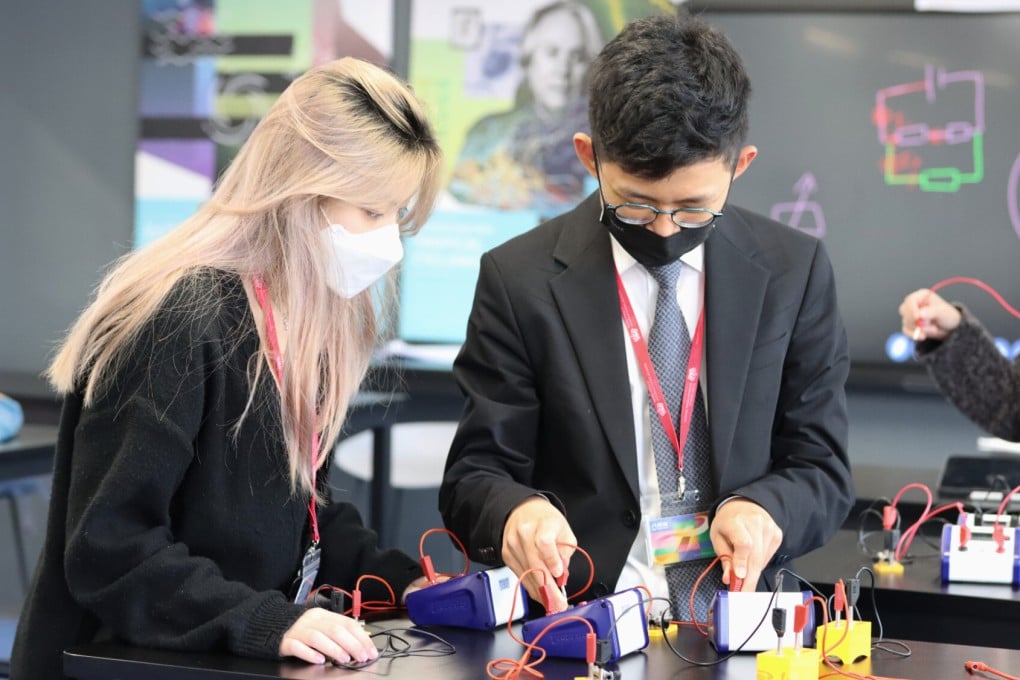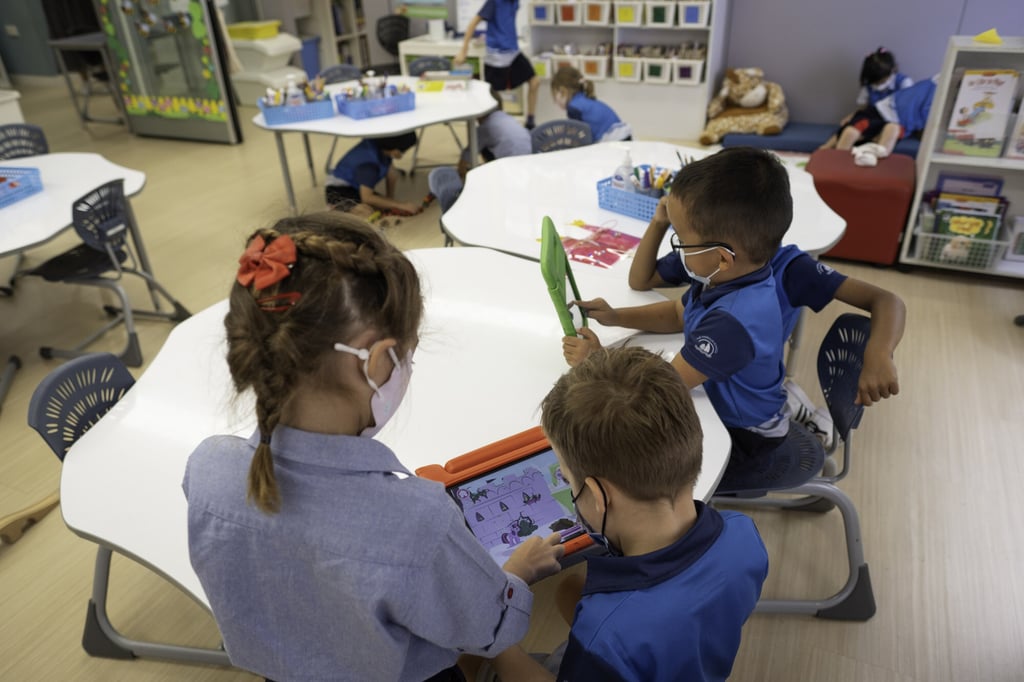Are soft skills really more important than academics? How Hong Kong schools are moving beyond exam grades and STEM subjects to equip students for the workplace of tomorrow
- Hong Kong’s international schools have a reputation for providing students with excellent skills in scorable subjects, but what about soft skills which cannot be measured?perfect
- Today’s pupils are likely to have careers in a workplace dominated by automation and AI, and so must be ready for a fast-changing and increasingly digital world

In 2016, the World Economic Forum published a report, “The Future of Jobs”, which looked at employment, skills and workforce strategies for the future. Its authors asked chief human resources and strategy officers from global employers about current workforce trends and what they would mean for employment, skills and recruitment in the years to come.
One of the report’s headline findings was that experts believed that by 2021 “over one-third of skills (35 per cent) that are considered important in today’s workforce will have changed”. By 2025, “The Future of Jobs” predicted that critical thinking, complex problem-solving abilities, creativity, people management and emotional intelligence would be among the most important skills required in the workplace.
Covid-19 has accelerated this shift. The pandemic required employees and managers to find new ways to communicate when working from home and to empathise more with each other’s different living conditions when lockdowns were in force. Given the chaotic situation, problem-solving became a valuable trait, as well as emotional intelligence given the new and unforeseen stressors employees were encountering. Suddenly articles about the value of soft skills were all the rage.
The excellent reputation of Hong Kong’s international schools is in large part founded on the hard skills they rigorously instil in students – STEAM subjects and the like. But while such schools are experts at delivering on easily quantifiable things like maths scores and language proficiency, what about soft skills?

Dr Jadis Blurton, head of school at The Harbour School (THS), admits “although [soft skills] have always been important, they have historically been neglected by schools or relegated to extracurricular activities”. However, “attention to these 21st-century skills is pervasive” at The Harbour School, says Blurton, citing one of the school’s core values, “lifeworthy learning”, which encompasses various soft skills like time management, collaboration, flexibility, innovation, problem-solving, critical thinking, leadership, self-direction and communication, among others.